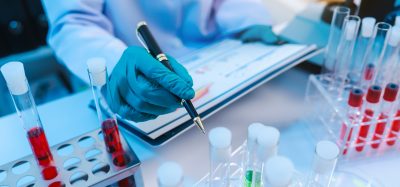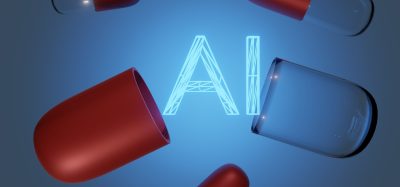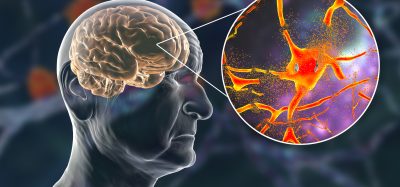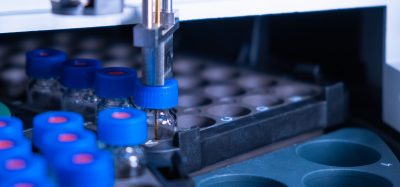Antibody could be used in tooth regeneration therapy, study shows
Posted: 30 March 2021 | Victoria Rees (Drug Target Review) | No comments yet
A mAb could be used in tooth regeneration therapy, after a single administration generated new teeth in mice and ferrets.
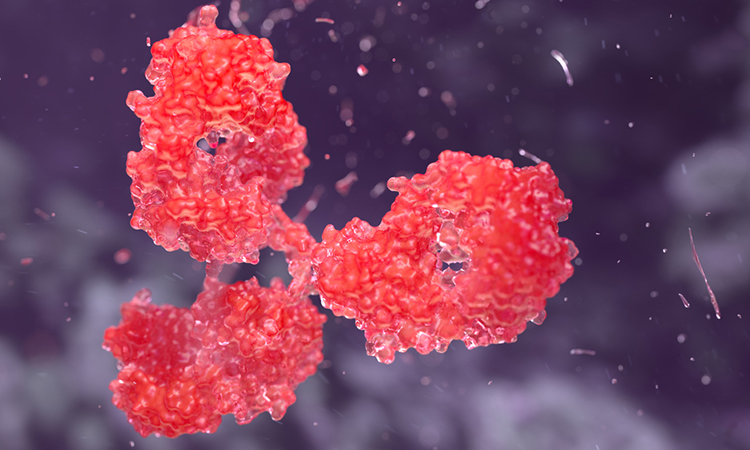

A new study has revealed that an antibody for the gene uterine sensitisation associated gene-1 (USAG-1) can stimulate tooth growth in mice suffering from tooth agenesis, a congenital condition. The study was conducted by scientists at Kyoto University and the University of Fukui, both Japan.
According to the researchers, the fundamental molecules responsible for tooth development have already been identified.
“The morphogenesis of individual teeth depends on the interactions of several molecules including bone morphogenetic protein (BMP) and Wnt signalling,” said Katsu Takahashi, one of the lead authors of the study from Kyoto University.
The team say that BMP and Wnt are involved in much more than tooth development as they modulate the growth of multiple organs and tissues. Consequently, drugs that directly affect their activity are commonly avoided, since side effects could affect the entire body.
Hypothesising that targeting the factors that antagonise BMP and Wnt specifically in tooth development could be safer, the team considered the gene USAG-1.
“We knew that suppressing USAG-1 benefits tooth growth. What we did not know was whether it would be enough,” added Takahashi.
The scientists therefore investigated the effects of several monoclonal antibodies (mAbs) for USAG-1. This gene interacts with both BMP and Wnt. As a result, several of the antibodies led to poor birth and survival rates of the mice, affirming the importance of both BMP and Wnt on whole body growth. One promising antibody, however, disrupted the interaction of USAG-1 with BMP only.
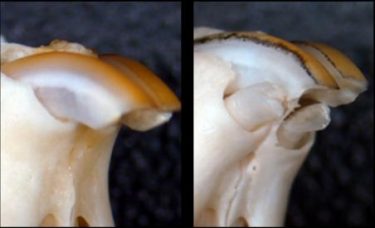

In mice deficient in USAG-1, an antagonist of BMP, the trace deciduous incisors survive and erupt as excess teeth [credit: Kyoto University/Katsu Takahashi].
Experiments with this antibody revealed that BMP signalling is essential for determining the number of teeth in mice. Moreover, a single administration was enough to generate a whole tooth. Subsequent experiments showed the same benefits in ferrets.
“Ferrets are diphyodont animals with similar dental patterns to humans. Our next plan is to test the antibodies on other animals such as pigs and dogs,” said Takahashi.
The researchers say that the study is the first to show the benefits of mAbs on tooth regeneration and provides a new therapeutic framework for a clinical problem that can currently only be resolved with implants and other artificial measures.
“Conventional tissue engineering is not suitable for tooth regeneration. Our study shows that cell-free molecular therapy is effective for a wide range of congenital tooth agenesis,” concluded Manabu Sugai of the University of Fukui, another author of the study.
The paper was published in Science Advances.
Related topics
Antibodies, Biopharmaceuticals, In Vivo, Protein, Proteomics, Regenerative Medicine
Related conditions
tooth agenesis
Related organisations
Kyoto University, University of Fukui
Related people
Katsu Takahashi, Manabu Sugai




